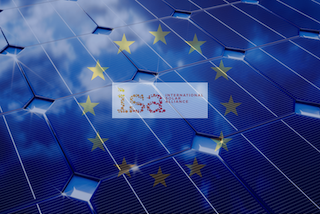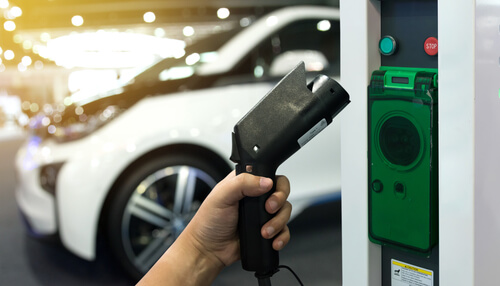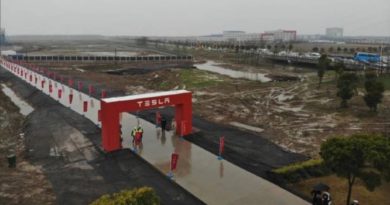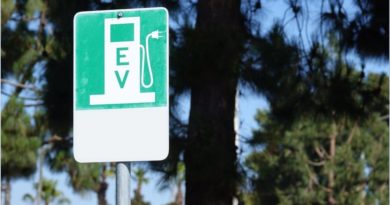After ISA, a French-India Partnership for Expansion of Electric Mobility

Building on the trend of deeply engaging partnerships between India and France, the most notable being the International Solar Alliance (ISA), a new Memorandum of Understanding (MoU) has been signed between the Solar Energy Corporation of India (SECI), the Commissariat a l energieatomique et aux energies alternatives (CEA), a French state-owned research entity, and BlueStorage SAS, a French renewable and storage solutions company.
Strengthening bilateral cooperation between the two countries for expansion of e-mobility, the primary objective of the agreement is to define the methods of discussions regarding the future collaboration in a pilot project. Through which SECI will receive an e-vehicle charging station with embedded batteries, powered by solar panels and an optimised connection to the grid.
The collaboration aims to extend France’s support to the Indian government’s plan for the deployment of electric vehicles by maximising solar mobility and minimising its grid impact, another example of the eagerness of both countries to work together against climate change. Recently, India’s Union Cabinet approved a MoU between India and France in the field of energy efficiency, which involves knowledge exchange and cooperation in the form of technical assistance. And is expected to take forward information exchange on policies, programs, and technologies relating to enhanced energy efficiency and demand-side management.
Solar powered EV charging could be particularly relevant for India, as it seeks to make the shift to EV’s without a commensurate increase in the share of renewable power in its grid. Which could make a significnt part of the shift weaker, if not pointless.
Prior to that, the National Institute of Solar Energy (NISE), an autonomous body formed under the MNRE, signed a MoU with France’s National Solar Energy Institute (INES). The MoU identified various areas of cooperation which would help the growth of clean energy in both countries. Both the countries also agreed to work with the International Solar Alliance (ISA) member nations and implement pilot projects. Earlier this year, both countries signed another agreement to cooperate in the field of renewable energy, to work on establishing a cooperative institutional relationship to promote technical bilateral cooperation on renewable energy issues.
Last month, we reported that with the commissioning of 528 MW of wind and solar capacity in third-quarter of 2018, France’s total installed renewable energy capacity including hydro crossed the 50GW mark. A milestone crossed as it looks to phase out nuclear in favour of renewables.






